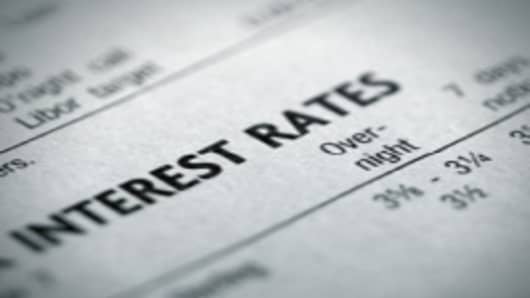It is all but certain that the ECB will raise rates this week. It has been itching to do so for some time. Now that the moment has arrived, what will the move actually mean for the euro zone and the global economy?
The simple answer is probably not very much. The move has been well telegraphed and priced in to financial assets. The key policy rate will also remain well below an inflation reading that in February hit a 29 month high of 2.6 percent.
Some degree of normalization is desirable. The current ultra-easy-money environment is not sustainablewithout creating huge distortions further down the road.
Drilling down further, rates are not in any way appropriate for the big economies of France and Germany, which are well on their way to recovery.
The real issue though is not what happens on April the 7th but after it. Pragmatically, the ECB should tighten slowly and carefully. The economic environment remains unclear with the situations in Japan, North Africa, and the Middle East still unresolved.
However, the biggest uncertainty policy-makers face is how the periphery of the region will respond to a higher cost of borrowing?
The central bank says that it can do no better than set policy for the whole of the area. This is true but is the ECB really prepared to feed the weakest members of its flock to the wolves? Despite ongoing liquidity support, an abrupt change in the cost of money will kill off any hope of recovery for many.
The critical country to watch now is Spain. While Greece, Ireland and Portugal matter, they are still minor players within the euro area. Spain is its fourth largest economy. It matters not only to the ECB but also to the markets.
Judging by yields in the secondary market, investors have, though, become more relaxed about prospects for Spain over recent weeks. This may change. The cost of recapitalizing the country's savings banks is still unknown as is the impact that tighter money on the broader economy.
Spain has a large number of variable mortgages, which means that any move from the ECB will be quickly transferred to the already stretched consumer.
If there is any sign that Spain is faltering, then the euro zone has a massive problem. At that point, rate rises may need to stop or even be reversed.
This, though, is for the future. Tightening is the right thing to do right now. Pricing in an aggressive tightening cycle is not.
There are still are too many unknowns and the ECB should tread very carefully and watch every piece of data. Investors should do the same.


